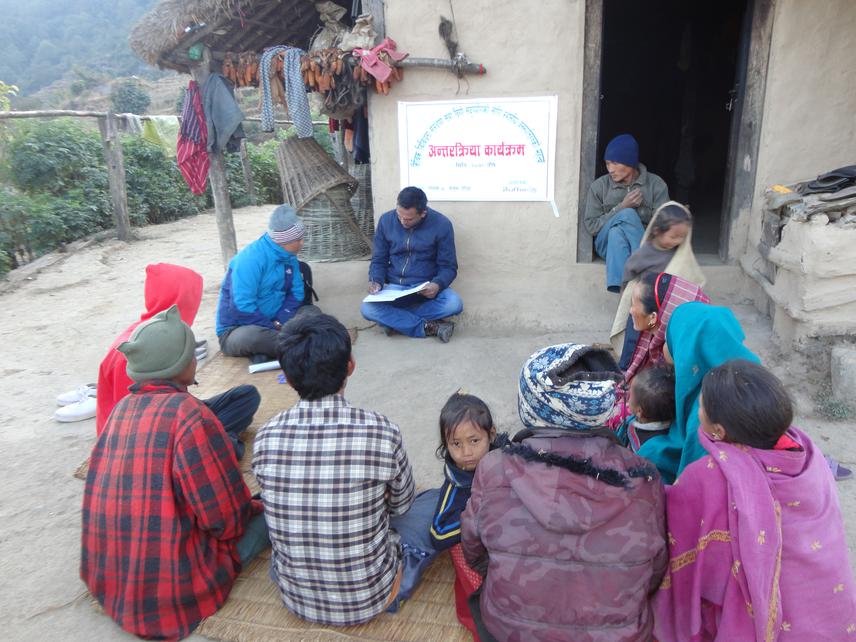Kamal Adhikari
Other projects
7 Jan 2011
Scale, Socio-Ecological Networks, Corruption and Patronage: Factors Affecting Sustainability of Plant Resources in Nepal
This project aims to document local ethnobotanical knowledge and to develop awareness of the importance of local plants and their sustainable management by forming a local conservation committee

Increased contact with the outside world has led to a decline in the extensive ethnobotanical knowledge of the inhabitants of Deurali, a village in central Nepal. Allopathic medicines are replacing medicinal plants in domestic medical practice, and some medicinal plants are collected for sale to traders rather than for household use. Ethnobotanical knowledge is not being transferred to the younger generations. Projects for biodiversity conservation and sustainable utilisation of plant resources have been formulated and directed from Kathmandu. Even community forestry programmes are in practice run by a few forest officials and the village elite. Local people have been instructed by the forest officials on western scientific lines and their ethnobotanical knowledge ignored.
This project aims to document local ethnobotanical knowledge and to develop awareness of the importance of local plants and their sustainable management by forming a local conservation committee. Earlier research found that scientific expertise has to be linked with local knowledge and an understanding of local politics. Local communities have to be encouraged to adapt and deploy their ethnobotanical knowledge and strategies to improve their lives and livelihood. Such an approach will not necessarily compete with the government programmes but will give more authority and responsibility to local people in the process of biodiversity conservation and the sustainable utilisation of plant resources.
The village level conservation committee will operate independently of the government, organising knowledge exchange programmes, the documentation of local ethnobotanical knowledge and the publication of a book. The knowledge exchange programme will include field visits and will take place on three separate occasions to take account of seasonal variations. The documentation of ethnobotanical knowledge will involve participant observation, in-depth interviews, qualitative case studies and ethnobotanical tools to gather information about the local classification of plant species. Herbarium specimens will also be collected. This project will last for a year.
The main outcome of this project will be the publication of a book in the Nepali, with an online version in English. It will record and publicise this ethnobotanical knowledge and details of local use of medicinal and some economically important plants. It will serve as an educational tool and a work of reference for future researchers. It will also develop awareness of the importance of local plants through the involvement of local people of all generations and social groups. It will help the villagers to conserve, manage and use these plants in a sustainable way.